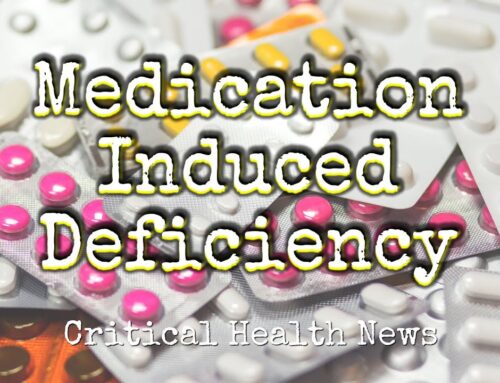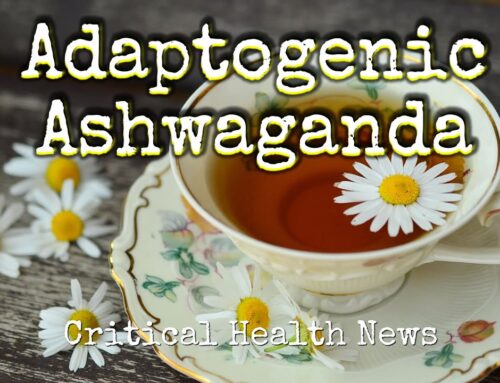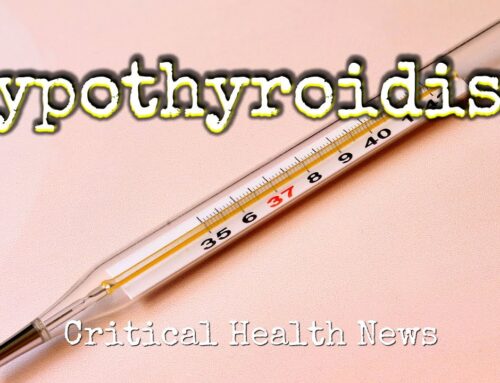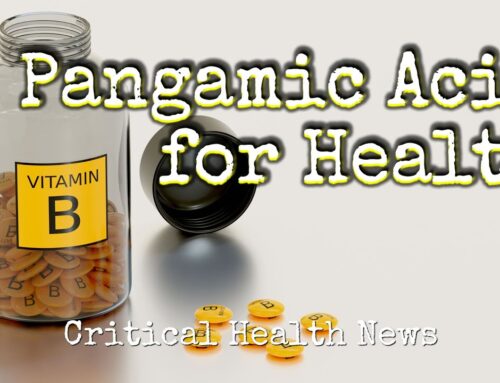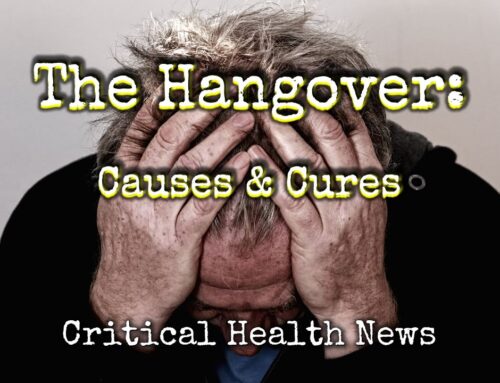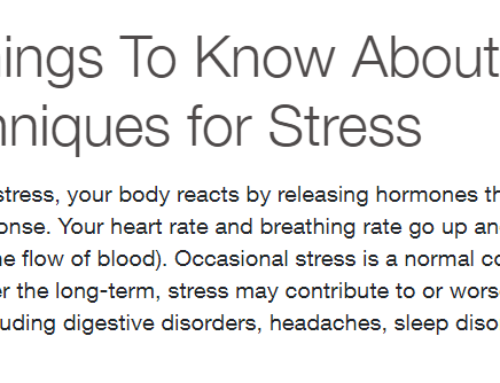Because of its relationship to the thyroid, a fatty or unhealthy liver can be a cause of hypothyroidism. The liver is involved in over 500 different biochemical processes and while there’s no medical protocol that can effectively address a fatty liver, when treated correctly and not subject to excess sugar, alcohol, medication and illegal drugs, the organ can regenerate and heal itself.
One significant, if under-appreciated cause of liver disease is bromine, a naturally occurring element found in plastics, pesticides and as an additive in some soft drinks. While bromine does have biological properties that are important for building a healthy body, especially as a co-factor for collagen production and tissue development, excessive buildup of bromine can lead to a condition called brominism, whose symptoms include confusion, weakness, digestive distress and skin lesions, as well as liver toxicity, ultimately resulting in a secondary inhibition of thyroid activity.
Bromine can also act to directly suppress the thyroid by acting to displace iodine from its chief hormone thyroxine. The best way to prevent or reverse bromine poisoning is to avoid exposure in the first place, making sure you’re ingesting enough iodine to override bromine is also important.
The main food sources of iodine are seafood, sea veggies and iodized salt will get you some, but the best way to get the nutrient is via supplementation. The RDA for iodine is around 150 micrograms a day, but according to iodine researcher Dr. David Brownstein, you need 40 times that much, around 6 milligrams every day.


